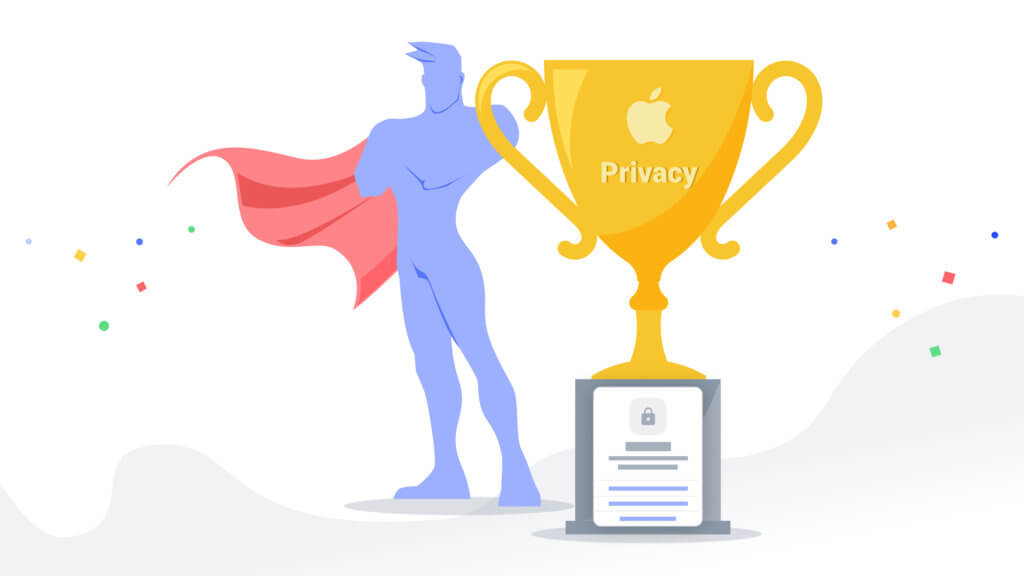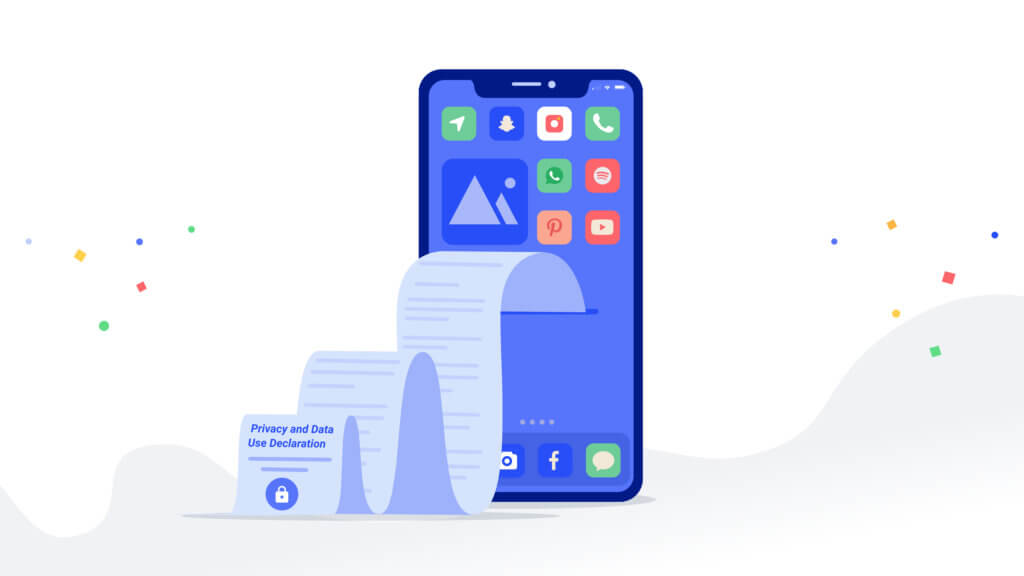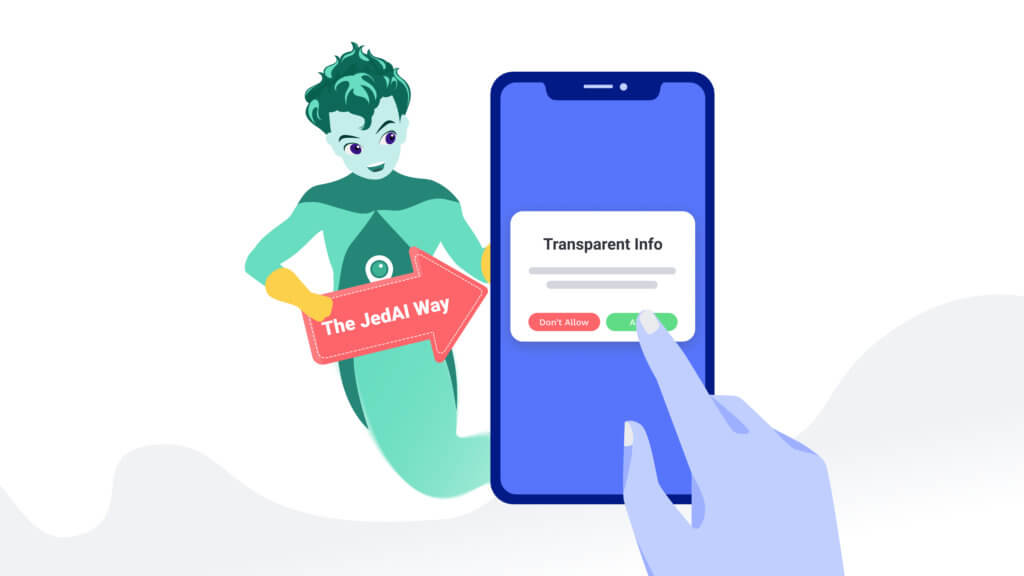Permission to Engage
Why you should be happy with Apple’s new privacy measures
The mobile apps industry has been abuzz for the past year with regards to application permissions and privacy. Changes that Apple made to its iOS 14 mobile operating system include raising the bar for applications that wish to access sensitive customer data and highlighting the disclosures of the apps’ privacy practices. These represent some of the most far-reaching changes this industry has experienced with regards to privacy protections for mobile users.
By introducing these changes, Apples appears to be assuming the mantle of ‘champion of the people’ when it comes to consumer privacy, perhaps seeming to forget its recent role in enabling the abusers of privacy. Most noticeable is the new permission request for an app to track users online using the infamous IDFA (Identifier for Advertisers). By forcing apps to openly declare their intentions, Apple is undoubtedly leading to the demise of the IDFA, though It’s hard to feel sorry about apps losing the ability to silently track users’ every online move.
Perhaps the most radical change is the new policy regarding disclosures of App Privacy Practices (although requiring that an app declare its intentions before it is downloaded is simply common sense). Apps must, as of Dec. 8, 2020, post on their App Store page:
- The nature of the data they are accessing
- Whether they are collecting that data
- Whether that data can be directly linked to the user or can be used for tracking
- Whether they are sharing it with a 3rd party
- And, obviously, what they intend to do with it.
Put these all together and the result is that Apple (with Google expected to eventually follow) are shutting the gate on applications that are collecting sensitive data without necessarily getting permissions, or perhaps by getting permissions based on vague requests.
Who’s afraid of permissions?
So what does this mean for an application that simply wants to provide mobile engagement and a better User Experience through personalization? Actually, not much (if you are doing it right). We believe that to be able to offer a personal service:
- It is not necessary to collect the user’s data
- It is not necessary to link it to a specific user
- It is not necessary to share it with any 3rd party
- And it is not necessary to hide that you want to use it for an improved User Experience (most consumers these days get that).
“How?” You may ask…
By keeping the data on the device. By separating the campaign from the users it is targeting. And by clearly and transparently communicating to your customers the reason you are requesting their permission. In short, the JedAI way.
Instead of worrying about how you should handle and protect your users’ data, leave it where it is, and concentrate on defining your ideal audience. Instead of checking where your users are at any given moment, concentrate on choosing when you would like to engage them. Let the device understand which campaigns are relevant and when they should be triggered. Give users their personalized engagement without forcing them to give up their anonymity.
Who wouldn’t give you permission for that?
For more information on the JedAI Product Suite, click here.



